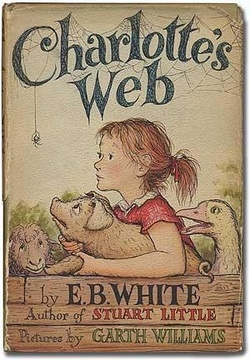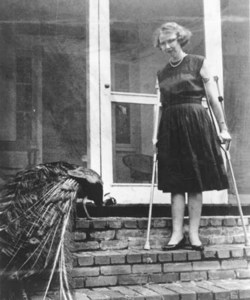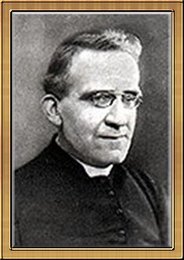 This afternoon I watched an exceptional movie that I haven’t seen in years, “Charlotte’s Web,” based on the 1952 famed book by the same name by E.B. White.
This afternoon I watched an exceptional movie that I haven’t seen in years, “Charlotte’s Web,” based on the 1952 famed book by the same name by E.B. White.
Tag: literature
The Thought of Henri Bremond
In the current
issue of La Civiltà Cattolica, Jesuit Father Antonio Spadaro wrote an
interesting essay, “The Thought of Henri Bremond.” Matters pertaining to faith
and reason, faith and culture interest me perhaps you. At least that’s what I
hope if you are a frequent reader of the Communio blog. Henri Bremond
(1865-1933) is a former a Jesuit priest, literary scholar and was in the middle
of the Modernist crisis. His literary output was terrific. Bremond was a member
of the illustrious Académie Française succeedingm(elected in 1923 holding seat
number 36). France also awarded the Lé d’honneur. The summary:
An attempt to
overcome the gap between faith and culture – In the years that saw the rise of
surrealism, of Freudian thought and of the modernist crisis, Henri Bremond
captured the separation that was growing between theology and culture
sanctioned by the Enlightenment. Bremond suffered in trying to find a
compromise in terms of language, seeking to show to a cultured audience the
best results of a religious sensibility and sought to show to his Catholic
readers the religious value of «profane» literature. Seeing the similarities
between a mystical and a poetic inspiration, he concluded that “it is up to the
mystic to explain the poet,” reversing a common axiom. The article, on the
occasion of the reissue of his Prayer and poetry, absent from Italian
bookstores for three decades, presents the main insights of the priest,
academician of France.
What News This Bitter Night?
What news, what news this bitter night,
When all is
shuttered in the gloom?
No news except a baby born,
Who finds within an ox’s
stall his narrow room.
What men are these who hurry past?
What wonder do they
run to see?
Shepherds who heart the herald song,
Who haste in stable to adore
the mystery.
What child is this who, sleeping, makes
The manger throne his
resting place?
None but the King of heaven high,
Born into dying to redeem our
fallen race!
What shall I bring to honor Him?
What homage pay, what poor gift
give?
Naught but your heard which, dead in sin,
Finds in this Child redeeming
love—and strength to live!
The
poem is by the late Dr. Henry Letterman, longtime professor of English at
Concordia Teachers College, River Forest, IL. Dr. Richard Hillert, of the same institution, put this poem to music for Grace Lutheran Church, River Forest, IL. It was recorded by the Schola Cantorum of St. Peter’s in the Loop in 1992.
Flannery O’Connor: the only great Christian writer in the US
 Encountering the grace through the literature is a sufficient way of knowing Christ and the fruitfulness of the Gospel. For many, myself included, Mary Flannery O’Connor is wonderful entree into the Mystery of God. Watch the story, I think you’d surprised by what you’d learn.
Encountering the grace through the literature is a sufficient way of knowing Christ and the fruitfulness of the Gospel. For many, myself included, Mary Flannery O’Connor is wonderful entree into the Mystery of God. Watch the story, I think you’d surprised by what you’d learn.
